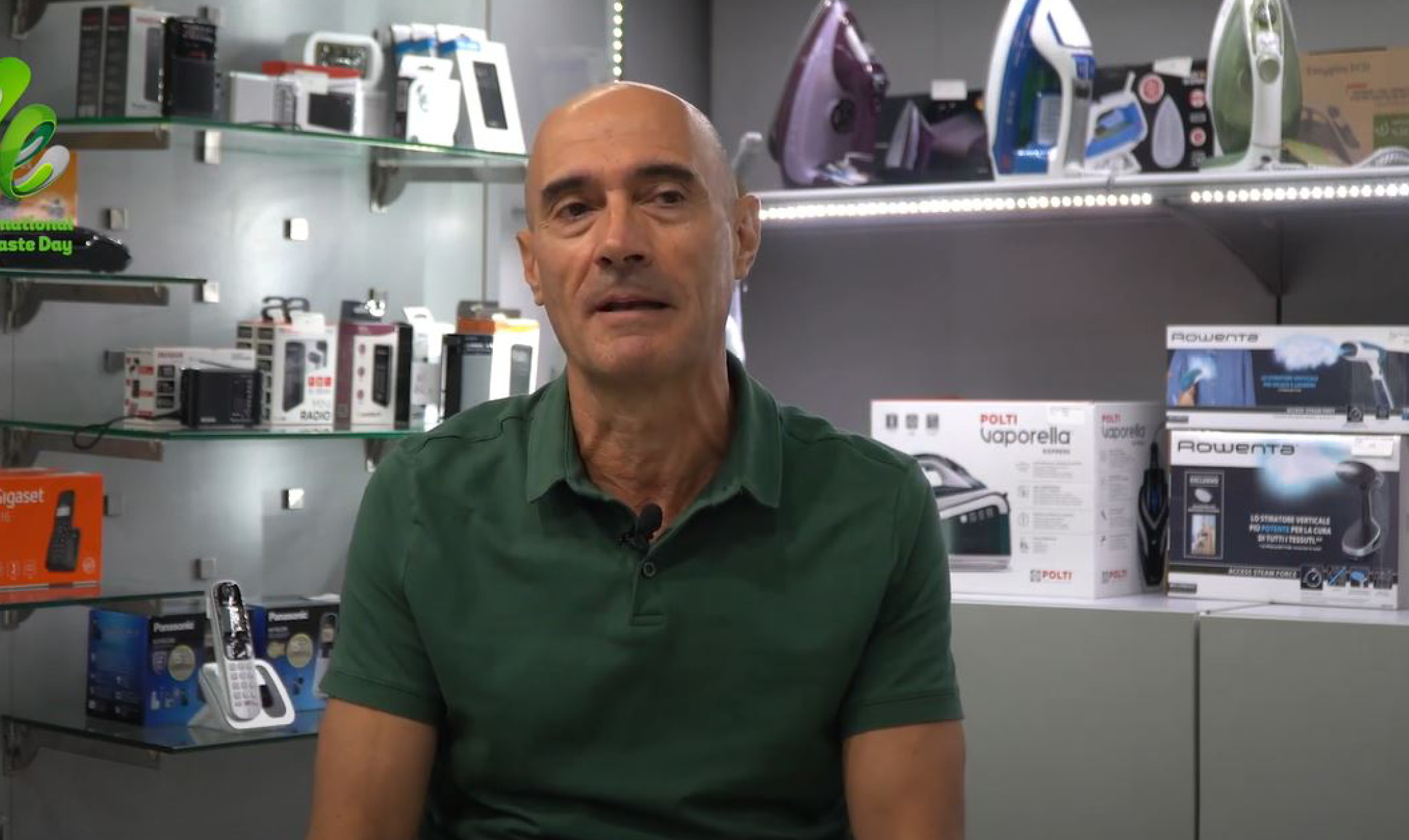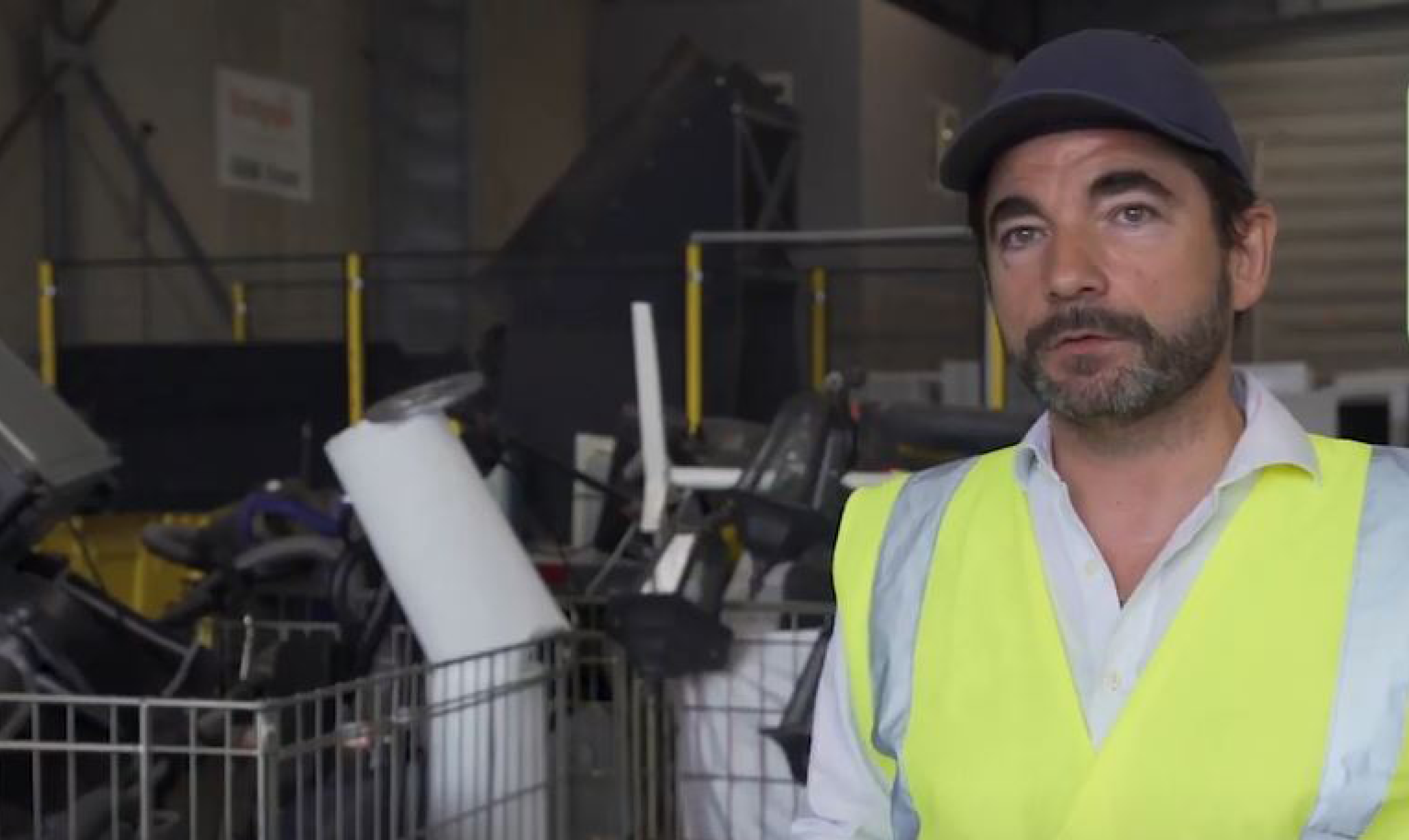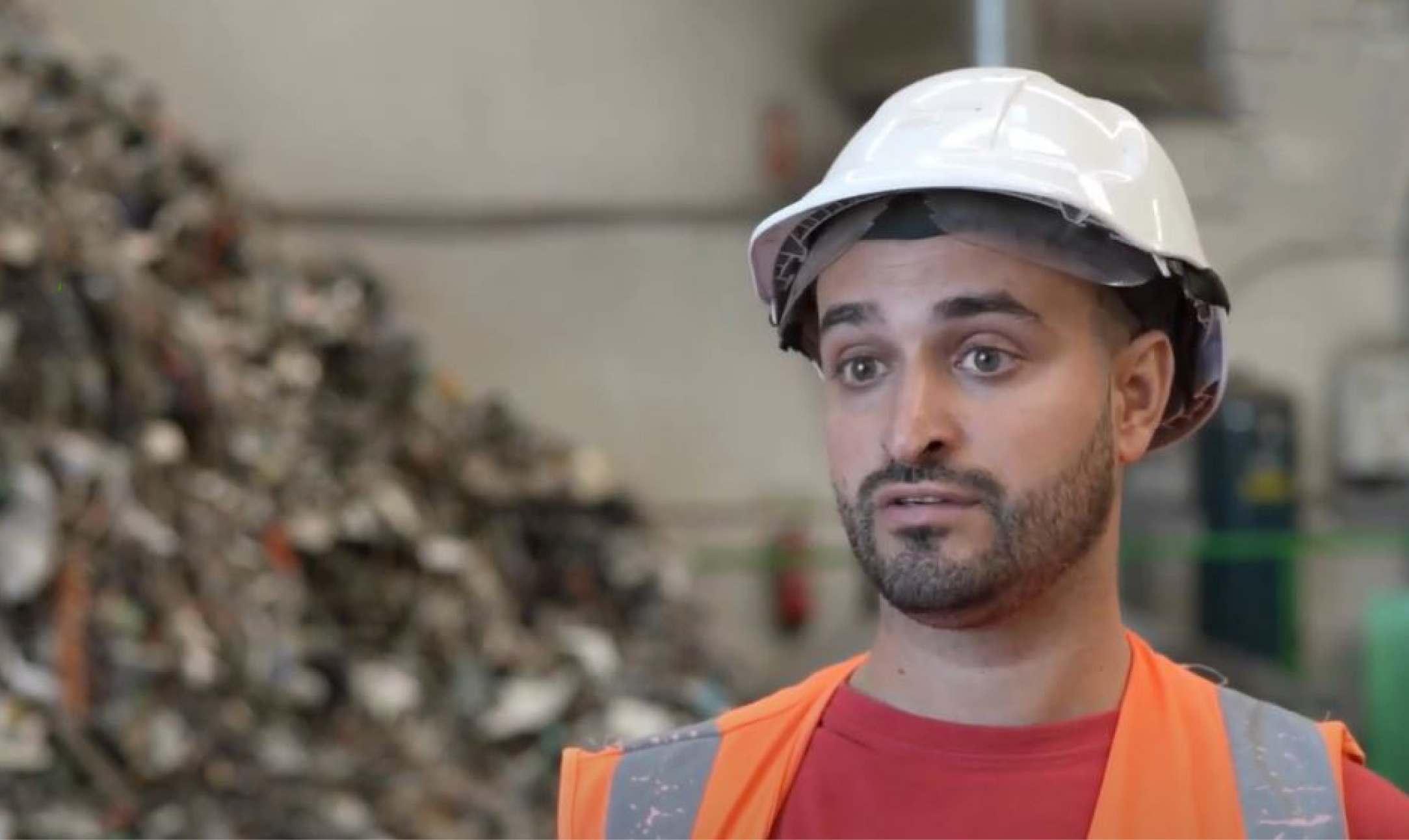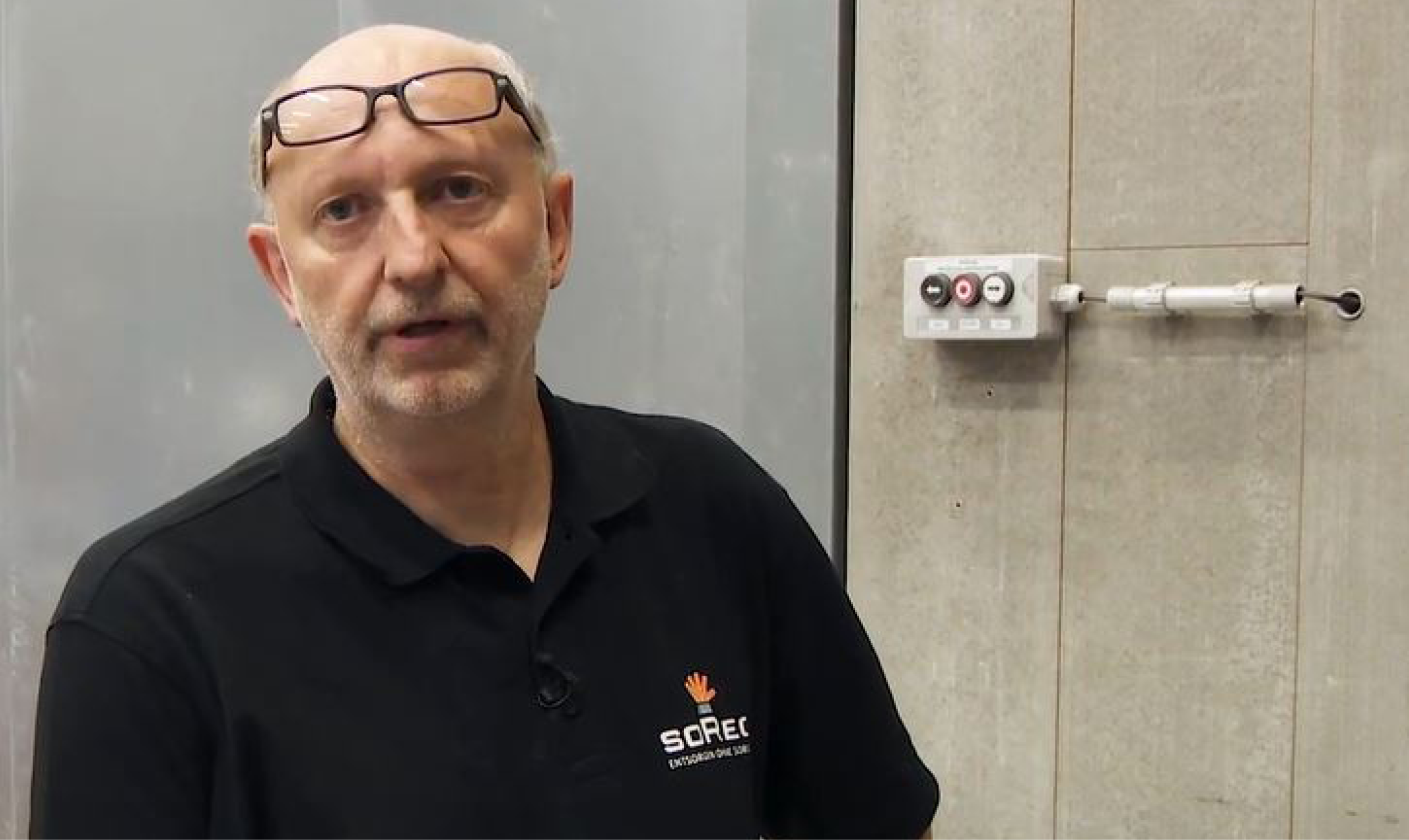International E-Waste Day is an annual global awareness campaign initiated by the WEEE Forum and its members in 2018. International E-Waste Day takes place every year on 14 October and aims to raise awareness of the growing problem of e-waste and motivate the public to deal with e-waste responsibly. SENS eRecycling is a co-founder of the WEEE Forum, the largest multinational centre of excellence for the recycling of waste electrical and electronic equipment (WEEE).
Some beep, others tick or hum, and still others light up, flash, flicker or vibrate. And the rest? Nobody notices them. This year's International E-Waste Day is all about these devices that are not even recognised as electrical or electronic. It takes place every year on 14 October.
According to a UNITAR study from 2022, Europeans have an average of 74 electrical appliances at home. 13 of these appliances are hoarded in basements, attics, cupboards or drawers: 9 of them are unused but still functional, 4 of them are defective. Among these hoarded devices, there are particularly many that are often not recognised as electrical or electronic devices. They are therefore also called invisible. In Switzerland alone, the number of these invisible electrical appliances is estimated at around 7 appliances per household or, according to current figures from UNITAR, a total of 31 000 tonnes per year. These include electric toys, e-cigarettes, power tools, smoke detectors, LED light bulbs, electric toothbrushes and sports watches. With all these devices, there is a risk that they will not be immediately recognised as electrical devices and thus may not be disposed of properly.
And the problem could become even bigger: Our everyday life is now so strongly determined by technology that hardly anyone knows with absolute certainty which products even contain electrical or electronic components. This was the conclusion of a study conducted by SENS eRecycling and the University of Applied Sciences Northwestern Switzerland FHNW on the return and recycling of electrical and electronic devices in 2021. A spontaneous street survey conducted by SENS eRecycling in Zurich in 2023 also confirms these findings: very few people can say 100 per cent whether an alarm clock, an e-cigarette, a toy robot or a watch have electronic or electrical components.
Raw materials of inestimable value
As inconspicuous and small as electrical or electronic devices may be, every device contains valuable raw materials such as copper, aluminium, plastic or even critical raw materials such as lithium or cobalt, which are indispensable for the transformation to a more sustainable, ecological society. It is therefore important that all appliances that cannot be repaired are returned to the cycle as quickly as possible so that the raw materials can be recycled and reused for the production of new products. Electrical appliances that are still in working order, on the other hand, can be given away, sold or donated. This gives them a second life.
Recycle everything that has a plug, a battery or a cable!
On International E-Waste Day on 14 October 2023, we are calling on all Swiss citizens to recycle as quickly as possible any old appliances that have a plug or a cable, or that only run on batteries or rechargeable batteries.
Either the devices can be returned directly to the shops that sell electronic devices or they can be disposed of at over 750 public SENS collection points. In Switzerland, electrical or electronic equipment is in fact subject to the Ordinance on the Return, Take-Back and Disposal of Electrical and Electronic Equipment (VREG). Accordingly, dealers and sellers are legally obliged to take back and recycle all electrical and electronic equipment free of charge. If you are unsure whether a product is actually an electrical or electronic device, you can find answers in our fact sheet "How to recognise an electrical device".
Did you know? – E-cigarettes are also electrical devices
An electrical device that is often not recognised is the e-cigarette, or "vape" for short. Some are as colourful and handy as highlighters, so that no one realises that they contain a battery or rechargeable battery. In 2022 alone, 844 million vapes were disposed of worldwide. The lithium they contain could have been used to make 15,000 new batteries for electric cars. In Switzerland, consumers can return their empty e-cigarettes and the associated components such as the charging cable, battery or battery carrier free of charge to any point of sale such as kiosks, petrol stations or tobacco shops. Since 1 July 2023, sales outlets have also had the option of collecting e-cigarettes in the practical vape recycling bag and returning them directly to SENS eRecycling by post for professional disposal.
International E-Waste Day (IEWD)
An international look at the issue of Invisible E-Waste
WEEE Forum

Spain

France

Norway

Portugal

Switzerland
